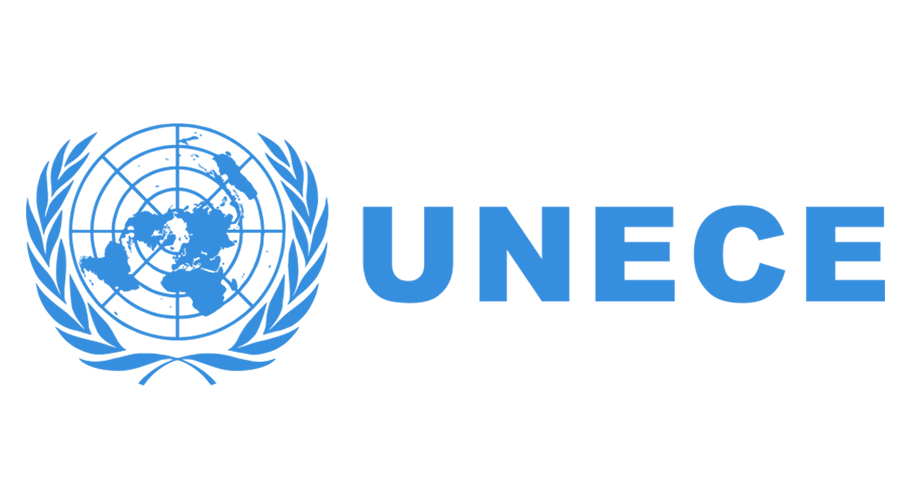Rationalized structure for electronic signature standardization - Guidelines for citizens
This Technical Report aims to help citizens to understand the relevance of using electronic signature within their day-to-day lives. It also explains the legal and the technical backgrounds of electronic signatures. This document gives guidance on the use of electronic signatures and addresses typical practical questions the citizen may have on how to proceed to electronically sign, where to find the suitable applications and material.
